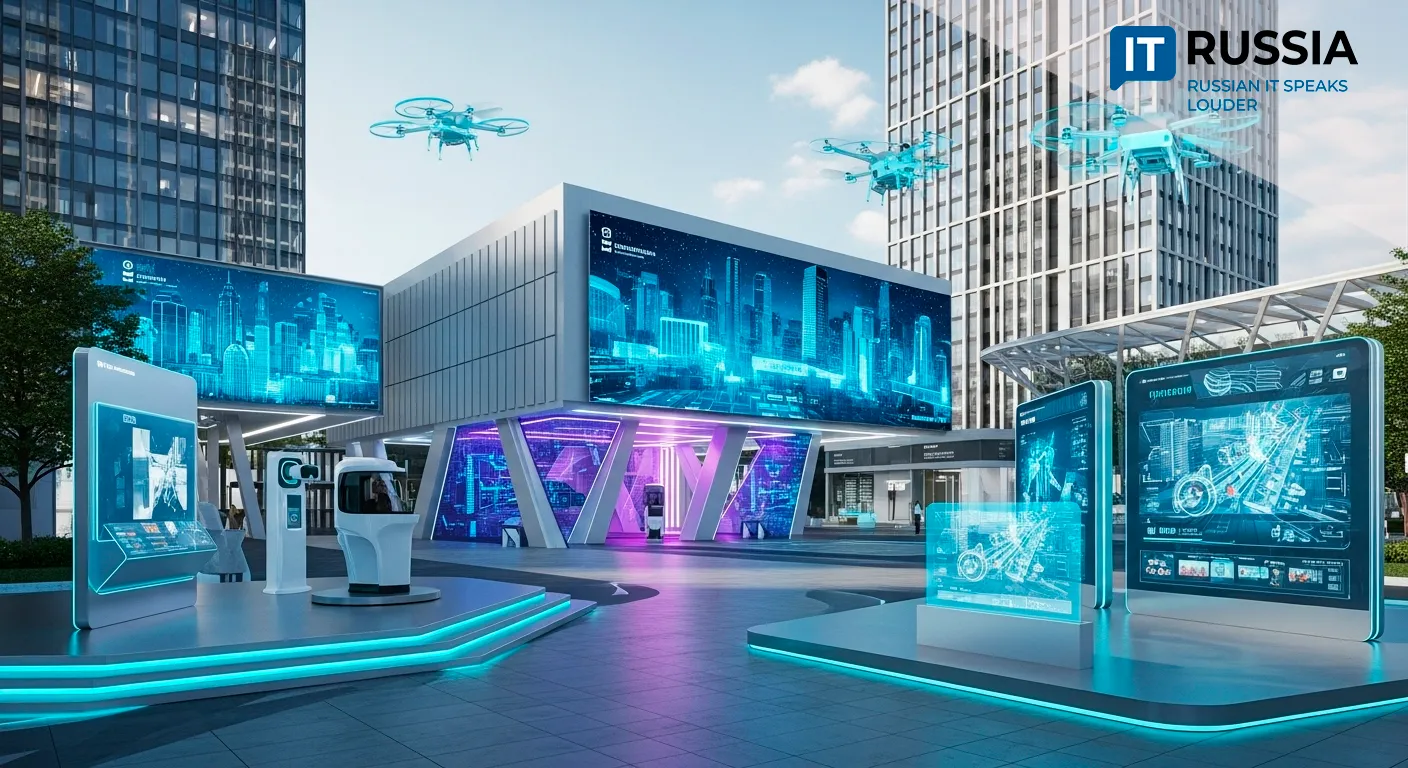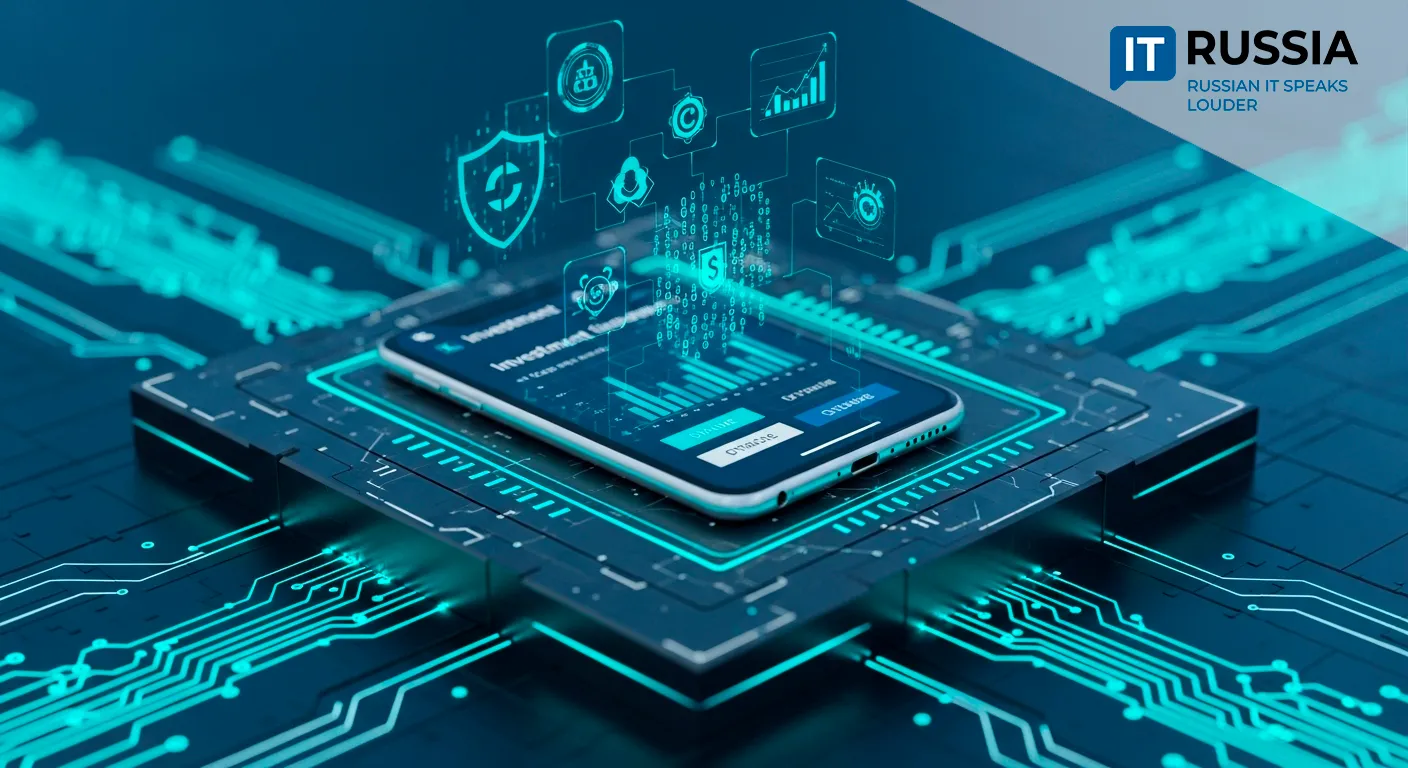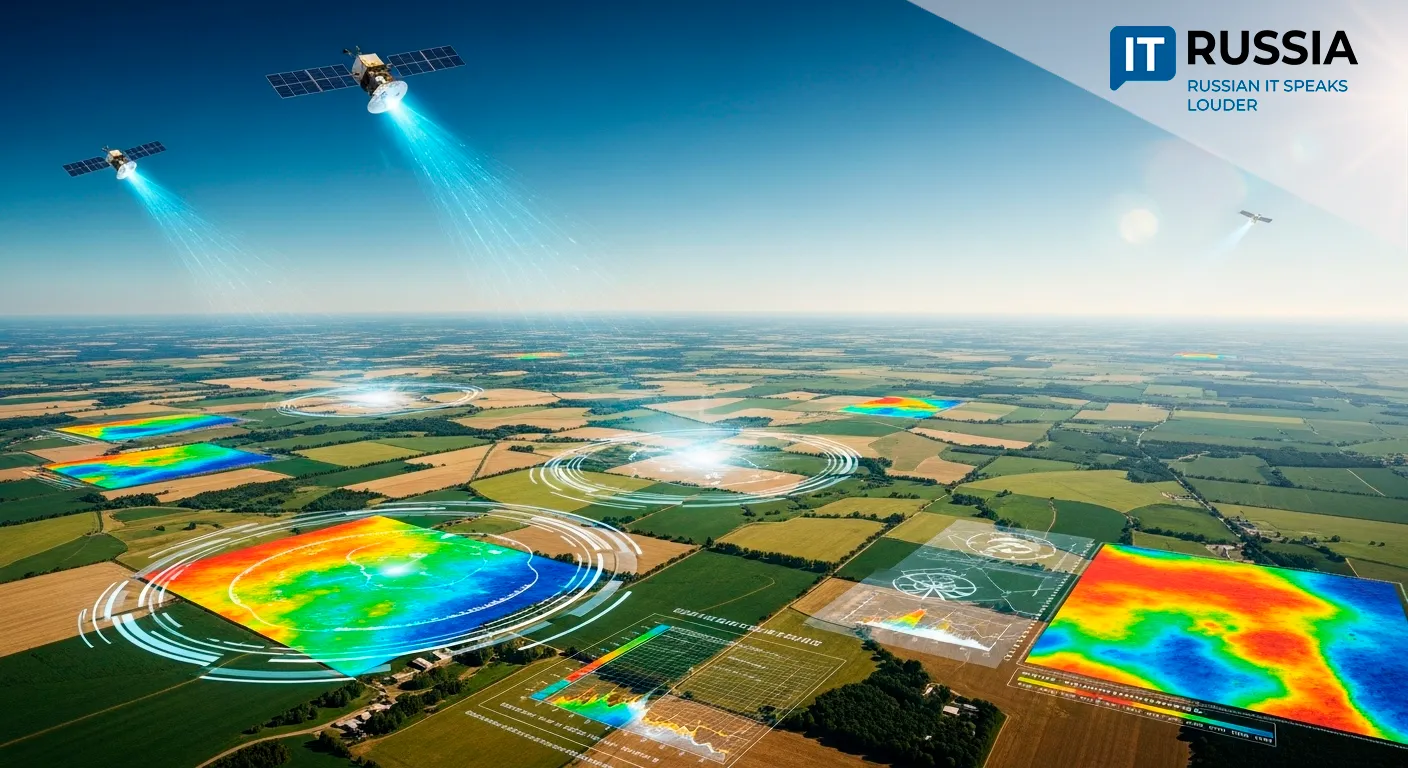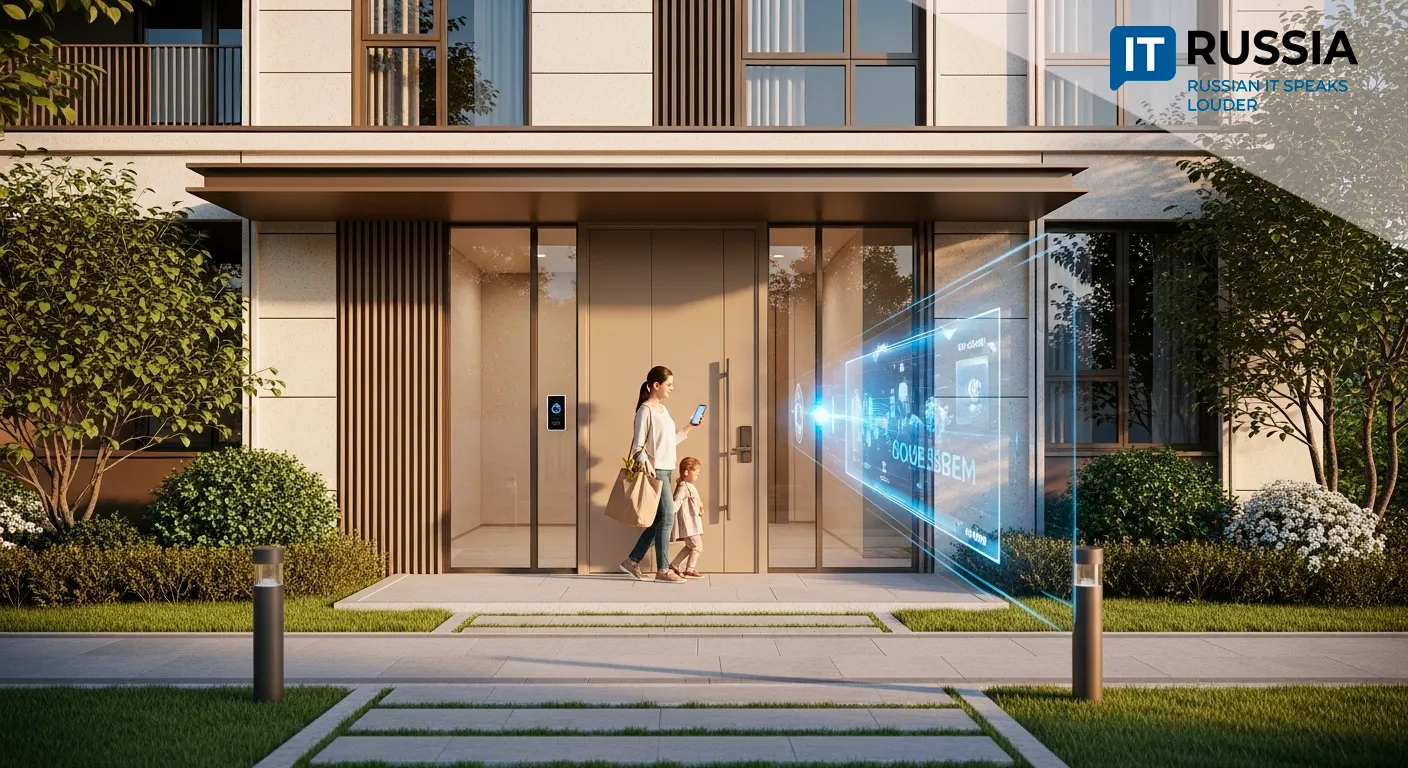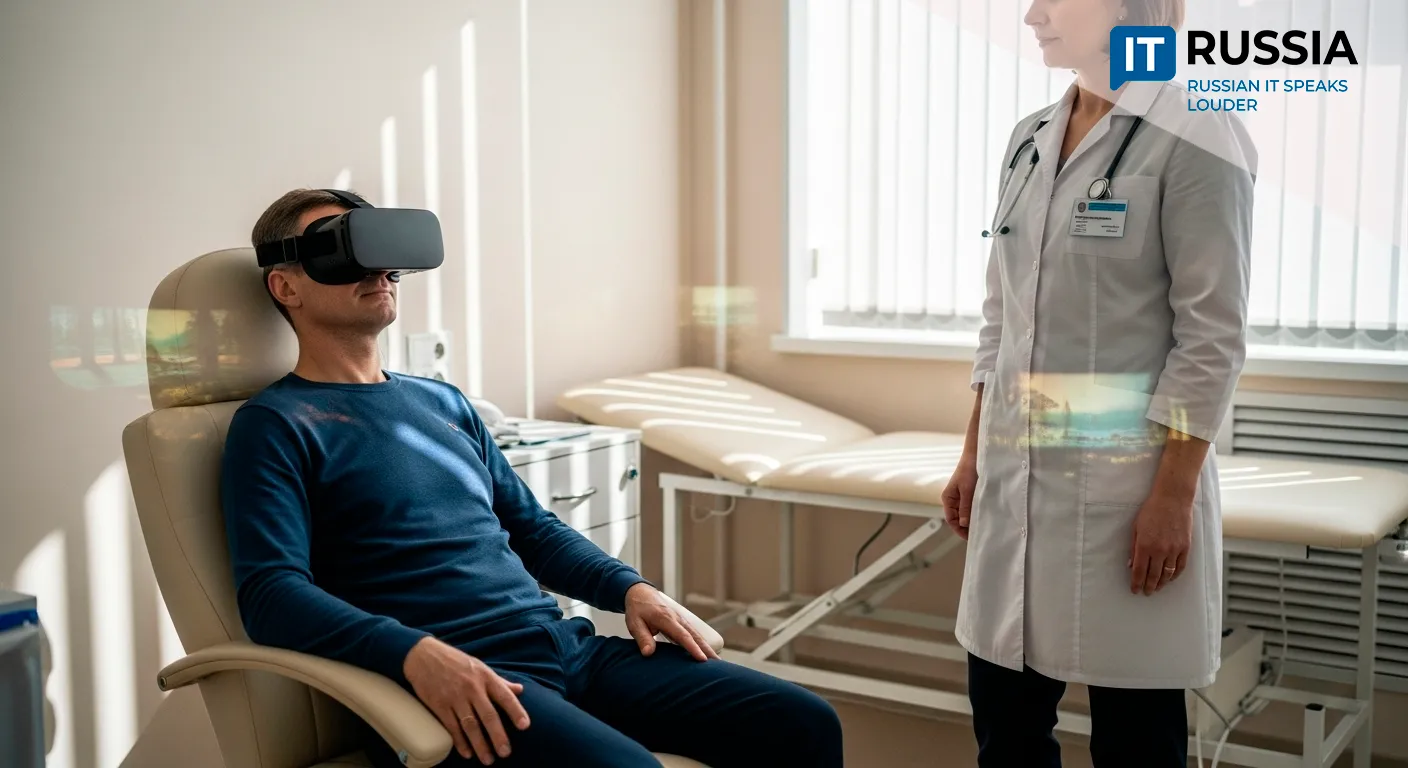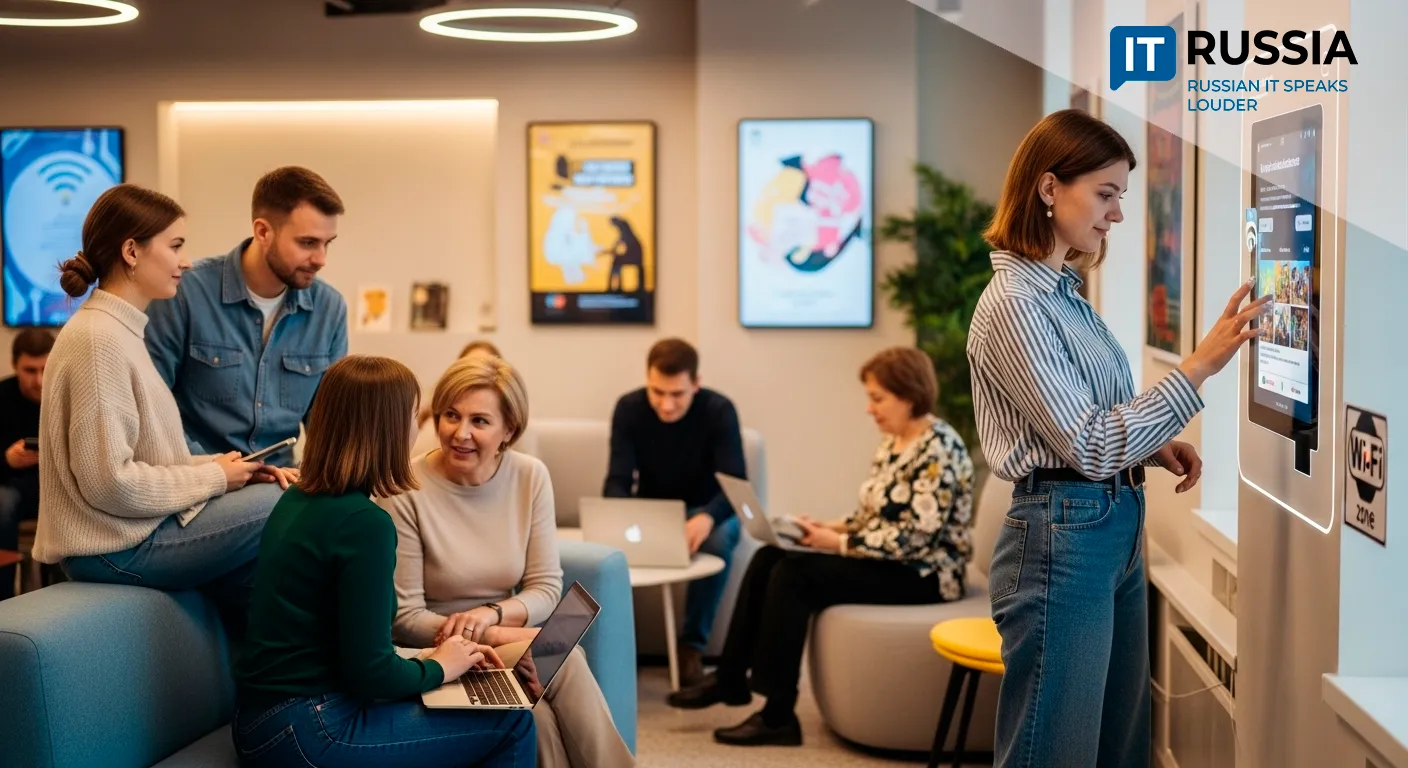Building the Digital City: MGIMO Launches Smart Urban Management Program
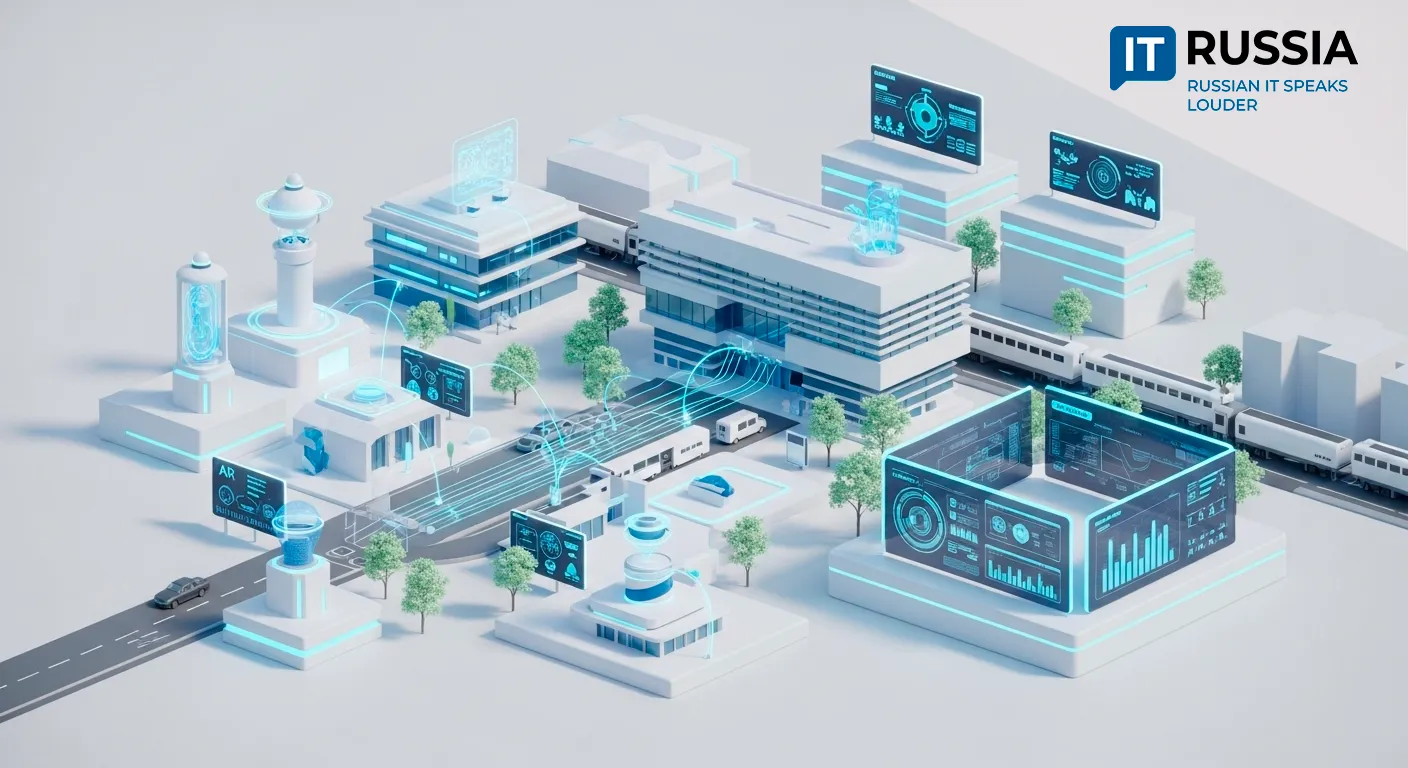
Russia’s MGIMO University is launching a master’s program that equips future professionals to manage urban infrastructure using advanced digital technologies.
Training Digital-First Urban Specialists
Starting September 1, 2025, Moscow State Institute of International Relations (MGIMO), in collaboration with the government of the Moscow region, will launch a new master’s degree program titled “Urban Infrastructure Management and Territorial Development.” The program will be delivered on-campus, with 40 state-funded spots and a commercial tuition rate of 450,000 rubles per year. MGIMO graduates will be eligible for tuition discounts.
Housed within MGIMO’s School of Business and International Competencies, the program has operated since 2020 under the aegis of the Moscow Region’s Ministry of Housing and Communal Services. While framed as a federal initiative, its immediate focus is on the infrastructure development of the Moscow region—Russia’s key economic and administrative hub.

Future cities require more than just engineers and administrators. They need multidisciplinary experts fluent in digital tools applicable to utilities, transport, environmental monitoring, and investment planning. The program integrates “smart city” principles into its core and immerses students in real-world urban management cases under the guidance of policymakers and industry professionals.
Smart Cities and Workforce Readiness
For Russia’s tech sector, this program represents a direct pathway to training the next generation of specialists capable of deploying digital solutions in urban governance. The curriculum includes modules on automating housing and utilities systems, environmental sensors, and municipal investment planning.
A standout feature is the practitioner-based teaching model. “Most instructors are active professionals from government and business,” says program graduate Georgy Grebnev. “The curriculum is designed to accommodate working students, combining academic rigor with practical relevance. The combination of theory and real-world experience gave me a major competitive edge in the job market.”

From Local Case Studies to International Impact
One of the program’s strategic goals is the export of Russia’s urban digitalization models. Graduates will not only support domestic municipal projects, but also help implement digital governance solutions in international settings facing similar modernization challenges.
Hands-on project work is a cornerstone of the learning process. Students collaborate with officials and domain experts to tackle live municipal problems using data analytics, digital planning tools, and innovation-driven management methods. This applied experience ensures that graduates are prepared to meet the real demands of urban transformation.

From Concept to Execution
The program is informed by international best practices, such as Singapore’s ASEAN Smart Cities initiative, and could become a template for cities across the CIS region. MGIMO’s curriculum builds capabilities relevant both in Russia and globally, especially in deploying Russian-made IT solutions for city management.
In the last five years, MGIMO has expanded its digital education offerings, including its “Digital Public Administration” program, which explored AI, blockchain, and e-government systems. That foundation shaped the new urban-focused curriculum.
Several other Russian universities have launched similar “smart city” programs, covering IoT, AI, and big data. What sets MGIMO apart is its deep integration with regional government bodies and its commitment to applied learning. This is not just a degree—it’s a policy instrument for digitalizing Russia’s cities.




